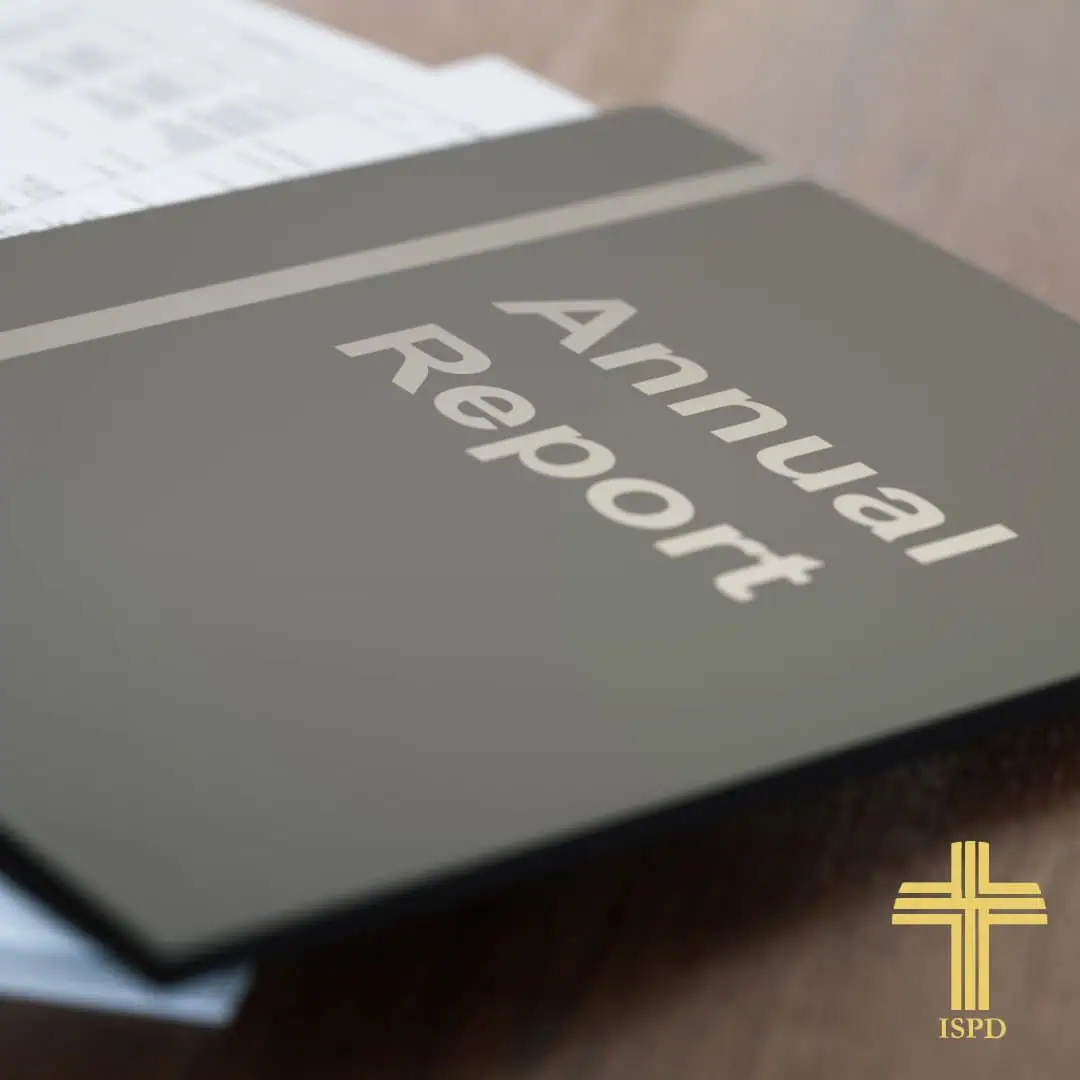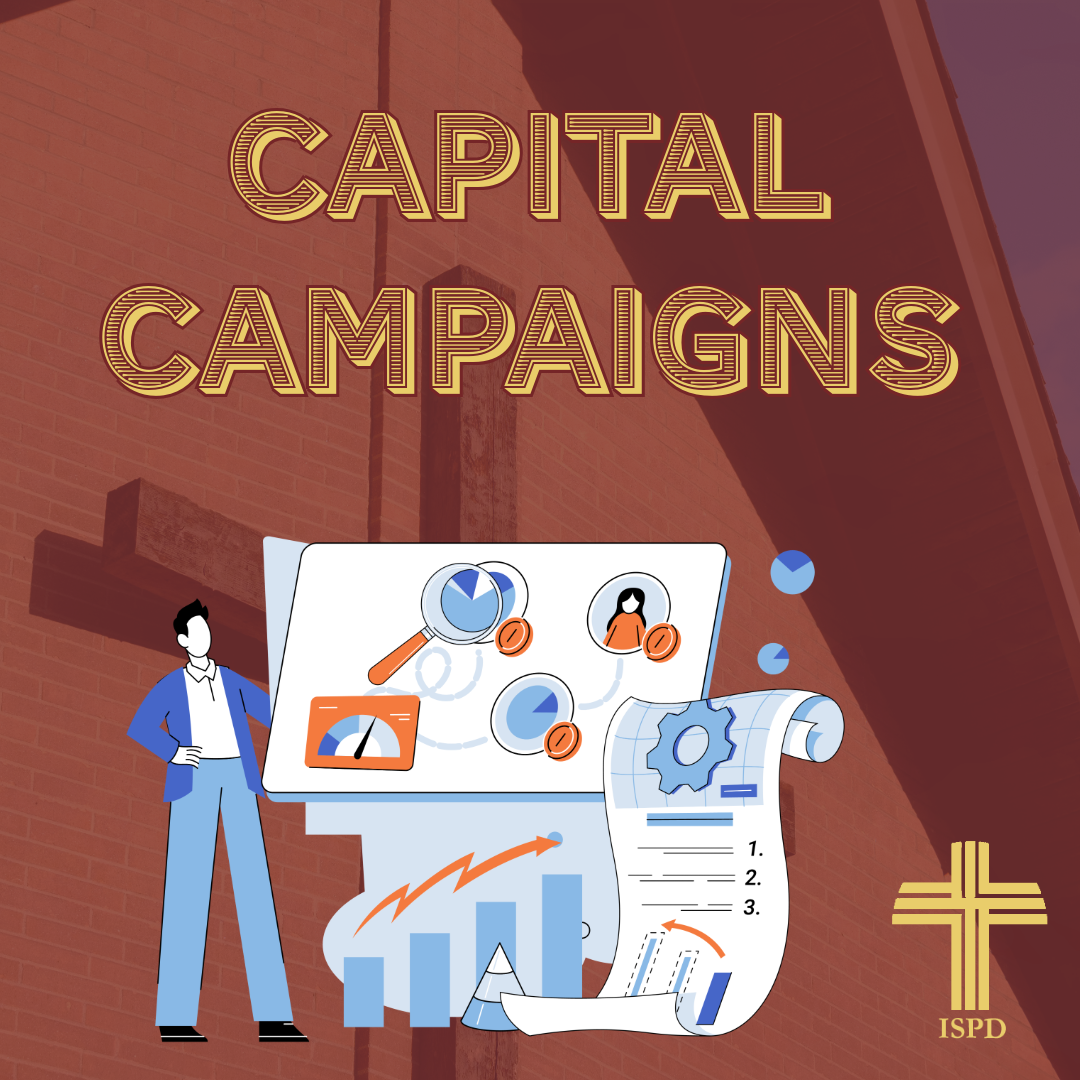With the 2022-23 fiscal year coming to a close, there is a question that many Catholic leaders face in the months of May and June: how are we going to improve our operational vitality (advancement/development, enrollment management, communications, etc.) and stewardship efforts in 2023-24? For some, it is a burning question, especially if there are new demands and new goals that are being set by boards, councils, supervisors, administrators, and others. New enrollment numbers? New annual fund numbers? More money to be raised in the development/advancement area? Need for an increase in Stewardship of Finance in the parish? Need to attract more people back into the pews from the Covid hangover? Time to move into capital campaign mode and generate the revenue to build that new building or renovate the ones that have been neglected? Ready to finally hire that new development/advancement director or set up a formal office? Need to re-organize and re-focus your development efforts?
Whatever the reasons, the need to improve (and change) can be an interesting dilemma. And there are many responses that can be taken. Here are some of the ones we have observed or seen through the past 34+ years of working with Catholic schools, parishes, and (arch)dioceses as they look ahead to a new year in development—advancement—stewardship—enrollment management.
- “Let’s address this when we get back in late July or early August.”
- “We’re doing the best we can with the limited resources we have and the small number of people who want to help.”
- “We’re still stuck in the Covid rut.”
- “There are only so many people we can tap.”
- “We can do the same thing over that we did this year; we just need to tweak it a little bit.”
- “We don’t have the money for workshops and conferences. Only the ‘rich’ schools go to those things.”
- “I want to spend my summer months relaxing; we’ll get to all of this in August.”
- “We’ve got one or two families who will bail us out in case we get caught short at the end of the year.”
- “We’re different. No one really understands what we are faced with.”
- “We’ll be able to pull out the files from the previous year. Don’t worry.”
- “I’m still trying to close out this year. It is only May. I’ll worry about next year when we get there.”
- “If they paid us more, we would probably take on more.”
The important point to understand is that the above statements are reality to a number of people. Some get caught in the cycle of mediocrity – through no fault of their own.
Here at ISPD, we are firm believers that one of the main themes for improvement is to get outside of your comfort zone, and that is a tough one – especially if any of the above statements are true for your situation. “Always approach a problem the same way; always get the same results.” How many times have we seen that? What we are talking about is taking that leap of faith, going out on a limb, venturing out into the unknown, or as Saint John Paul II said, “Do not be afraid. Do not be satisfied with mediocrity. Put out into the deep and let down your nets for a catch.”
Here are ways to do that:
- Take the time to assess your development/advancement/enrollment management and stewardship efforts. Use the ISPD assessment instrument (It’s free, simply request it.), conduct a SWOT analysis with the main 3-5 people involved, order an outside assessment from a reputable Catholic consulting firm.
- Attend a summer workshop in development/advancement/enrollment management and stewardship. There are several reputable firms that offer this type of professional development. ISPD’s conference is in New Orleans this June 26-28.
- Invite 4-6+ people involved in your development/advancement/enrollment management and stewardship efforts to attend an off-campus retreat for one or two days and spend the time assessing the 2022-23 fiscal year. Use the ISPD assessment instrument or conduct a SWOT analysis.
- Create the 6-8 main challenges facing your development/advancement/enrollment management and stewardship efforts and invite 30-40 people to come in for an evening workshop. Divide into small groups and each group offer strategic solutions to solve the challenges.
- Organize a diocesan or regional gathering of all development/advancement/enrollment management and stewardship directors/workers in your area. Invite all to come on your campus and share their challenges and best practices. This can be an evening gathering, morning continental breakfast, or working luncheon.
- Find 2-4 financial leaders from your school/parish and invite them to underwrite any of the above suggestions. Surprisingly, many will help fund professional development – especially workshops and conferences.
These are just some suggestions. The next 75 days can be very important if you wish to take on the challenge and address improvement and change.
“You must be the change you wish to see in the world.” – Gandhi















